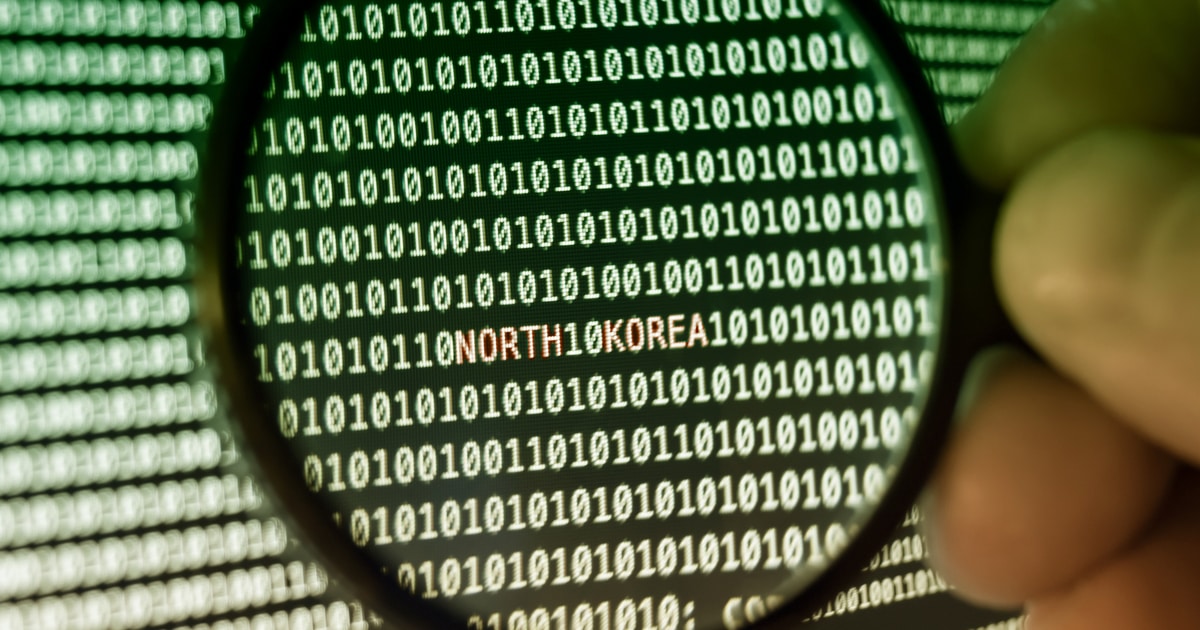
The United Nations Secretary-General is spearheading a multi-stakeholder High-level Advisory Body on Artificial Intelligence (AI). The initiative aims to harness AI’s potential for humanity while addressing its accompanying risks and uncertainties as AI technologies proliferate internationally. The comprehensive approach seeks to foster a globally inclusive ethos by analyzing and advancing recommendations for AI’s international governance.
The Advisory Body is poised to comprise up to 38 experts from a diverse spectrum of relevant disciplines globally. The experts will hail from government, private sector, and civil society, each bringing to the table varied perspectives on AI governance. This assemblage is expected to engage extensively with both existing and emerging initiatives alongside international organizations. By doing so, it aims to bridge varying perspectives across different stakeholder groups and networks, ensuring a well-rounded discourse on the governance of AI.
The UN is rallying support for the Advisory Body’s operations and its Secretariat, nested within the Office of the Secretary-General’s Envoy on Technology (OSET). Contributors supporting this endeavor will bolster stakeholder cooperation on governing AI amidst the backdrop of emerging technical breakthroughs, thereby aiding in better-governed AI on a global scale.
The leadership of this high-level body includes Co-Chairs Carme Artigas, Secretary of State for Digitalisation and Artificial Intelligence of Spain, and James Manyika, Senior Vice President of Google-Alphabet, President for Research, Technology, and Society. The members’ list is a blend of eminent personalities from various countries and sectors, each bringing a rich reservoir of knowledge and experience to the table.
Among the noteworthy members are Omar Sultan Al Olama, Minister of State for Artificial Intelligence of the United Arab Emirates; Anna Abramova, Director of the Moscow State Institute of International Relations (MGIMO)-University AI Centre; and Mira Murati, Chief Technology Officer of OpenAI. Their collective expertise spans across AI governance, digital policy, and technological advancements, making the Advisory Body a potent force in driving international AI governance.
This move by the UN signifies a robust step towards fostering interdisciplinary expertise to align international AI governance with human rights and Sustainable Development Goals. The multistakeholder, networked approach of the Advisory Body is designed to offer a gamut of perspectives and options on how AI can be governed for the common good. It also underscores the importance of a globally inclusive strategy to navigate the complexities of AI governance amidst a rapidly evolving technological landscape.
In conclusion, the UN’s initiative to convene a High-level Advisory Body on AI illustrates a proactive stance towards forging a coherent global framework for AI governance. By harnessing a diverse array of global expertise and fostering wide engagement, this endeavor aims to position AI as a force for good, aligned with human rights and sustainable development objectives.
Image source: Shutterstock Read The Original Article on Blockchain.News














